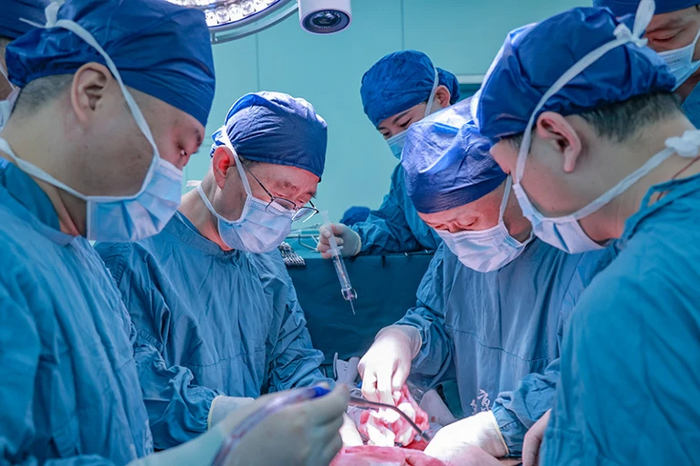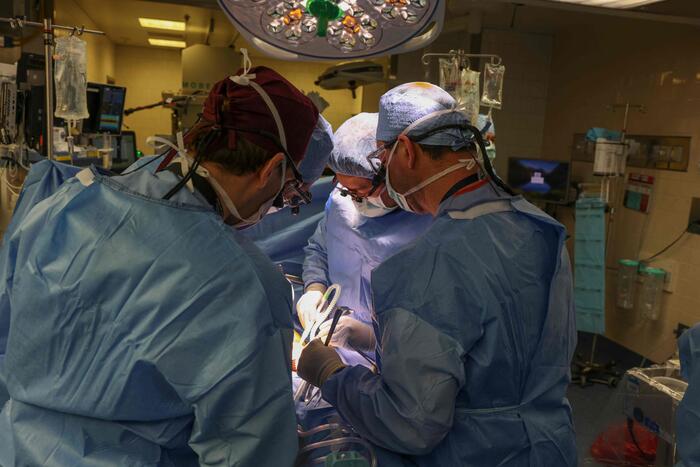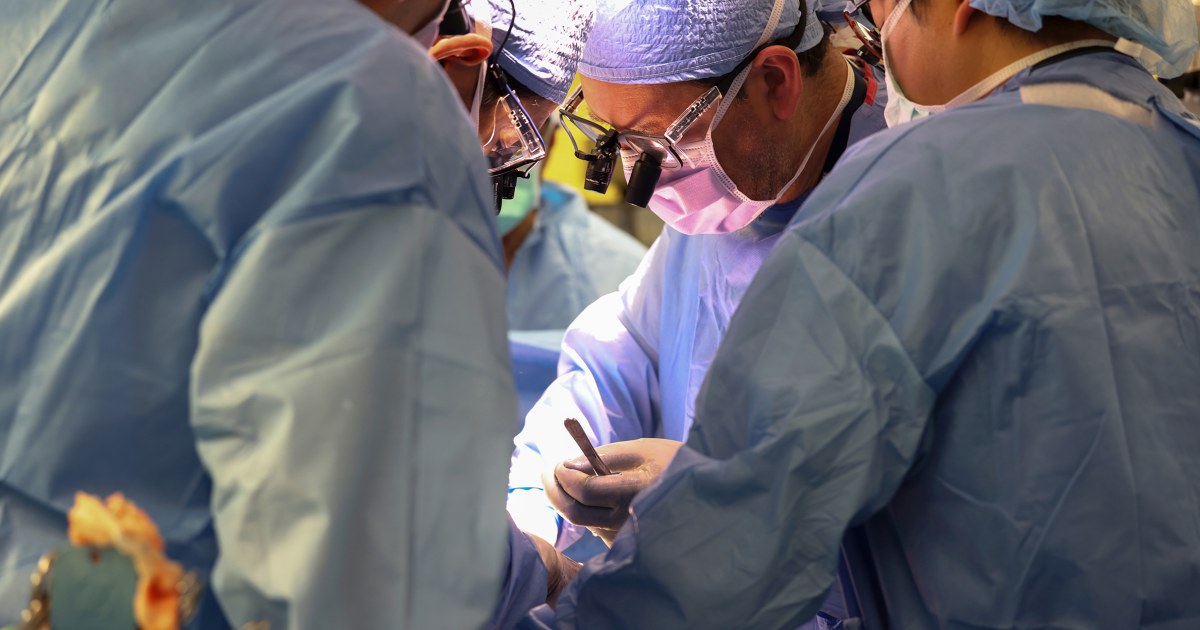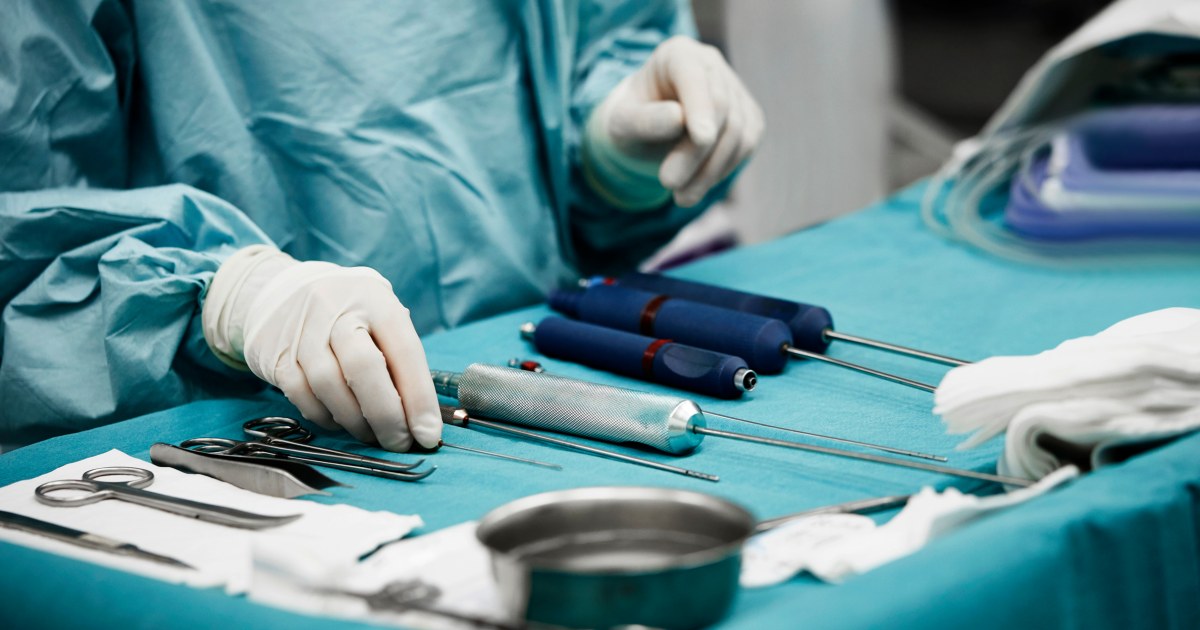Arenicola marina, this discreet lugworm, often hidden under the sand of our beaches, has lived on the shores of our oceans for some 450 million years.
At low tide, it knows how to lurk without oxygen for several hours while waiting for the return of high tide.
And this thanks to its hemoglobin, capable of fixing 40 times more oxygen than human blood.
A superpower that inspired Franck Zal, head of biotech Hemarina, to develop a solution to better oxygenate grafts during organ transplants.
“The transplant is a race against time.
When you disconnect a heart, you have four hours between the moment you disconnect it and the moment you are going to transplant it, a liver is eight hours, a lung is six hours... The goal is to give oxygen to the graft while waiting for the connection to the recipient,” explains Franck Zal.
Read alsoDavid Benett, first man to be transplanted with a pig's heart, died two months after the operation
In one of the freezers in his laboratory based in Morlaix, nearly 300 kg of worms are stored, in one-litre bags each.
Once thawed, the worms will release their hemoglobin which will go through several processes before being transformed into a small vial of a dark red liquid.
This solution will then be added to the graft preservation liquid.
The former CNRS researcher began testing on mice, filing a first patent in 2001, before founding Hemarina.
Now, the laboratory is completing its second trial, conducted on nearly 500 kidney transplant patients across France.
“If the data proves positive, this could represent a major breakthrough in the world of transplantation.
This is a major issue since, the more we protect the grafts, the longer they will probably work in the recipients, ”enthuses Professor Yannick Le Meur, nephrologist at Brest hospital, who participated in the various trials.









